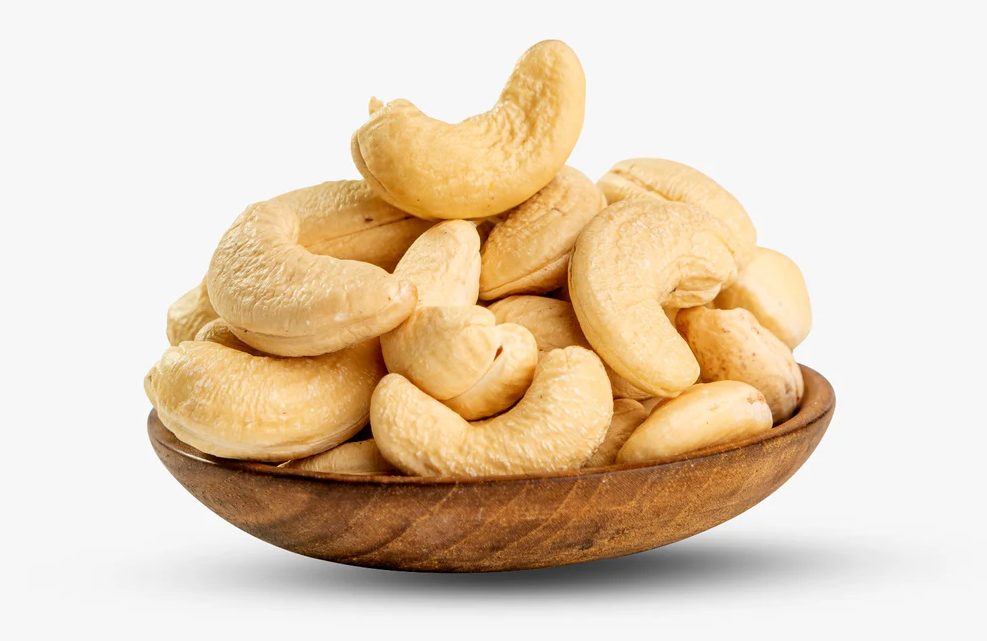Cashew: Benefits, Uses, and Precautions
Origin and General Information
The cashew tree (Anacardium occidental) is native to Brazil but is also cultivated in parts of Asia and Africa. Its nut, commonly known as cashew, is widely consumed as food and is sometimes used for medicinal purposes.
Potential Health Benefits
Cashews have been traditionally used to address various health concerns, including:
1.Diabetes
2.High cholesterol
3.Heart disease
4.Gastrointestinal ailments
5.Skin problems
However, there is limited scientific evidence supporting these medicinal uses.
How Does It Work?
Cashews contain compounds that may help fight certain bacteria.
Some of the healthy fats in cashews may help lower cholesterol levels.
Side Effects & Safety Considerations
When Taken by Mouth
Likely Safe when consumed in normal food amounts.
Possibly Safe when used as medicine, up to 11% of daily calorie intake.
Possible Side Effects (though rare):
1.Allergic reactions
2.Bloating and constipation
3.Weight gain
4.Joint swelling
When Applied to the Skin
There is insufficient reliable information about the safety of topical cashew use.
UnRoasted cashews may cause skin irritation, redness, and blisters.
Some individuals may experience contact allergies.
Special Precautions
Pregnancy & Breastfeeding
There is not enough reliable information on the safety of using cashews as medicine during pregnancy or breastfeeding.
It is advisable to consume cashews only in food amounts during these periods.
Nut & Pectin Allergies
Individuals allergic to hazelnuts, Brazil nuts, pistachios, almonds, peanuts, sumac, mango, pink peppercorns, citrus seeds or pectin may also be allergic to cashews.
If you have nut allergies, consult your healthcare provider before consuming cashews.
Diabetes
Some studies suggest that large amounts of cashews may increase blood sugar levels, though findings are mixed.
If you have diabetes, monitor your blood sugar closely and adjust medications as needed.
Surgery
Cashews might affect blood sugar levels, potentially interfering with blood sugar control during and after surgery.
To avoid complications, stop consuming large amounts of cashews at least two weeks before a scheduled surgery.
Cashews are a nutritious addition to a balanced diet, but they should be consumed in moderation, especially by individuals with allergies or health conditions. Always consult a healthcare provider if you plan to use cashews for medicinal purposes.

